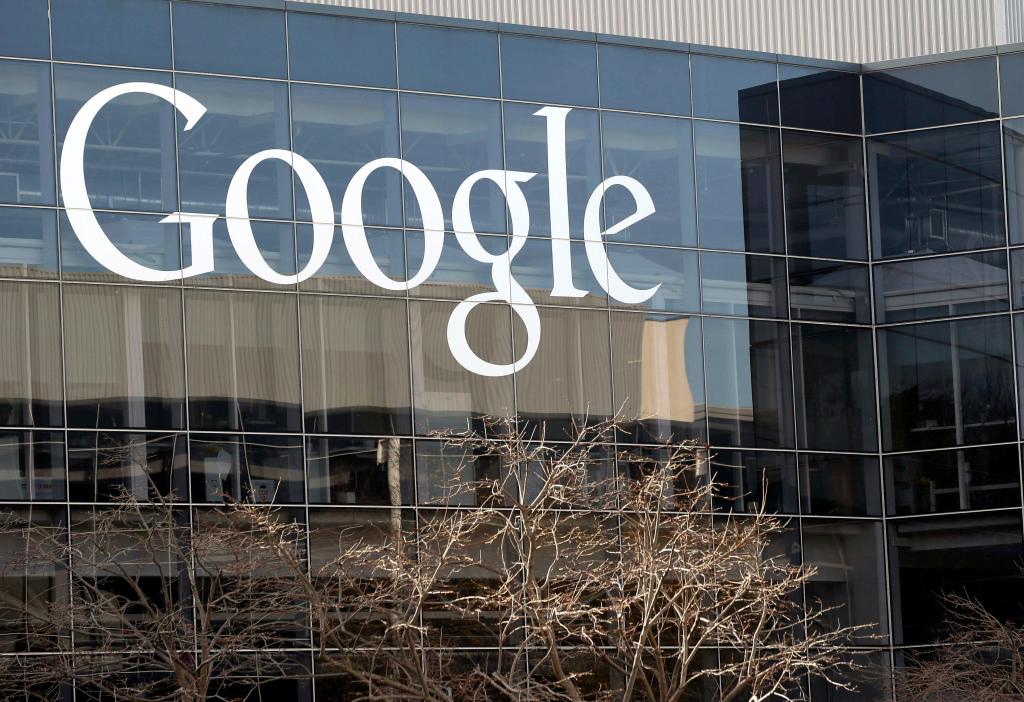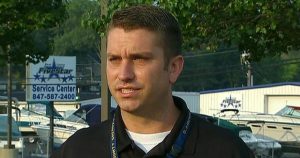Submit your letter to the editor via this form. Read more Letters to the Editor.
Google SJ plan is short
on affordable housing
Re. “Google releases development details,” Page A1, April 6:
Google’s investment in downtown San Jose is nothing short of crucial, however, it is lacking in several key areas.
For starters, it is no secret that the city needs more affordable housing, but the plan included does not alleviate the housing issue enough. The proposed 600 units of affordable housing seem laughable compared to the 4,000 new housing units detailed in the plan. Both of those numbers pale in comparison to the 7.3 million square feet of office space shown in the plan. Downtown San Jose is in need of affordable housing, and this proposed plan isn’t doing the city any favors.
Repurposing some of the proposed office space into affordable housing would much better serve the community and surrounding economy. Google and the city of San Jose should assure citizens that they will not be gentrified out of their residences, a fear many citizens have if they haven’t already experienced it.
Yassine Cherif
Concord
Sewage plants must
update to prevent spills
Re. “Sunnyvale fined $187,000 after spilling nearly 300,000 gallons of wastewater into San Francisco Bay,” April 6:
It is completely unbelievable that two large sewage spills in the Bay Area have taken place in the past three years.
The problem behind the spills is that the plants that treat sewage water are old and need modernization. The pipe responsible for the Sunnyvale spill has been in service since 1975, and it took a massive spill to show how antiquated it is.
These plants need to be modernized so that spills like this and a larger spill in Sonoma in 2019 do not take place. If these changes take place, wild sea animals would be at less risk of another spill, and the communities that surround the Bay Area will not have to worry about another spill affecting them as well. The Sunnyvale City Council and Gov. Gavin Newsom need to enforce more rules on maintaining and modernizing these plants and how spills are treated.
Ronald Martinez
San Jose
With variants rampant,
June reopening too soon
Re. “COVID restrictions ending: California to ‘fully reopen’ on June 15, Newsom says,” April 6:
I was astonished to hear that Gov. Gavin Newson is planning on reopening California on June 15.
There are COVID-19 variants from the United Kingdom K and Africa going around, and we still do not know if the vaccines are effective against those strains.
On top of that, we are not rolling out the vaccines at sufficient speed. This can cause detrimental effects on California if not thought out properly.
I am glad to see that California’s COVID-19 cases are low, but without the proper amount of vaccines, this can be too early to reopen fully.
I agree with Santa Clara County Executive Jeff Smith: the virus will tell us when this is over, not our governor. We need a thoughtful plan, which means more vaccines in a faster time frame.
Alondra Moya
San Jose
State should look past
borders for water
I read George Skelton’s column in The Mercury News about the drought and not letting it become a crisis (“Senate leader has plan to keep drought from becoming a crisis,” Page A7, April 6). I have been contacting various offices in Sacramento for years regarding an idea but can get no traction.
Numerous representatives have told me that they only are interested in managing the water that falls within our borders. Conservation and storage measures are all good, but the situation is getting worse. We should try to bring water down from as far north as Canada through a series of canals and pipes.
If you could keep Lake Shasta full, it would feed the rest of the state. Signs along Interstate 5 say fields are not planted because they can not get water in the most productive agricultural area in our country. I urge the state Legislature to broaden their approach to this “crisis.”
Tom Spink
Sunnyvale
Rich firms freeload
on backs of taxpayers
Re. “Several big companies pay zero federal taxes,” Page C7, April 3:
Responsible citizens pay annual federal income taxes compared to over two dozen corporations who have paid no taxes for three years on their combined incomes totaling over $77 billion.
Our taxes contribute to our quality of life. They embellish and protect our well-being through fire, police, parks, infrastructure, environment, health and human services, vaccines, military, research and development, and myriad agencies that maintain and improve the quality of our lives.
Corporations like FedEx and Nike with billion-dollar revenues play the system, feeding off our purchasing power while not contributing to the betterment of our society but to the betterment of their bottom line. We are footing the bill for these freeloaders.
Susan Dillon
Morgan Hill



















